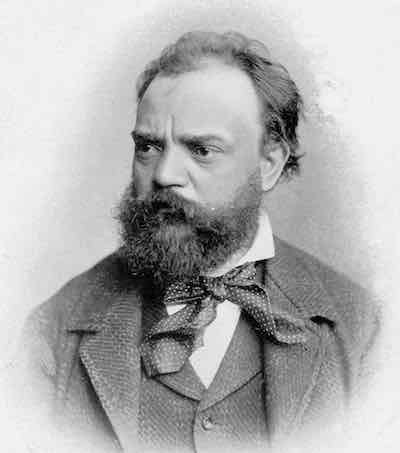Amadeus, the biographical drama about the life of Wolfgang Amadeus Mozart, was one of the most critically acclaimed movies of the mid-1980s. Starring F. Murray Abraham, Tom Hulce, and Elizabeth Berridge, Amadeus brought the famed 18th-century composer and his times to life.
Amadeus remains one of my favorite movies of all time. But when I saw it for the first time, as a teenager in the 1980s, I was inspired: I had a sudden desire to learn more about classical music, or at least about Mozart.
This was more than a little out of character for me at the time. As a teenager, my musical tastes ran the gamut from Journey to Iron Maiden, usually settling on Rush and Def Leppard.
So I read a Mozart biography. I was already an avid reader, after all. Then it came time to listen to the actual music. That’s when my inspiration fell flat.
I found that Mozart the man was a lot more interesting than his music. At least to my then 17-year-old ears. Nothing would dethrone rock music, with its more accessible themes and pounding rhythms.
Almost 40 years later, I still prefer rock music. In fact, I still mostly prefer the rock music I listened to in the 1980s.
**View Mozart biographies on Amazon**
Recently, however, I took another dive into classical music.
Classical music, like popular, contemporary music, is a mixed bag. Some of it is turgid and simply too dense for modern ears. Some pieces, though, are well worth listening to, even if they were composed in another era.
Barber’s “Adagio for Strings” is one such piece. For the longest time, I mistakenly assumed that this arrangement was written for the 1986 Vietnam War movie, Platoon, in which it is prominently figured.
I was wrong about that. “Adagio for Strings” was composed in 1938, long before either Platoon or the Vietnam War.
“Adagio for Strings” is practically dripping with pathos. It is the perfect song to listen to when you are coping with sadness or tragedy. This music simultaneously amplifies your grief and gives it catharsis. You feel both better and worse after listening.
“Adagio for Strings” was broadcast over the radio in the USA upon the death of President Franklin D. Roosevelt in 1945. It was played at the funeral of Albert Einstein ten years later. The composition was one of JFK’s favorites; and it was played at his funeral, too, in 1963.
Most of the time, though, you’ll be in the mood for something more uplifting. That will mean digging into the oeuvre of one or more of the classical composers.
While the best-known composers (Mozart, Bach, Beethoven, etc.) all have their merits, I am going to steer you toward Czech composer Antonin Dvorak (1841-1904) instead.
Dvorak was born almost a century after Mozart and Beethoven, and longer than that after Bach. To my philistine ear, Dvorak’s music sounds more modern, while still falling within the realm of the classical.
I would recommend starting with Symphony Number 9, Aus der Neuen Welt (“From the New World”). This is arguably Dvorak’s most accessible work, and my personal favorite at present. Symphony Number 9 contains a lot of moods. It takes you up and down, and round again.
This is not the story of an older adult turning away from the pop culture of his youth for more sophisticated fare. Far from it. Dvorak is not going to replace Def Leppard on my personal playlist. Bach and Mozart have not supplanted Rush and AC/DC.
But time has made me more musically open-minded. Almost 40 years after I was inspired by the movie Amadeus, I have, at long last, developed a genuine appreciation for classical music.
But that is a qualified appreciation, for an art form that I still prefer in measured doses.
-ET


